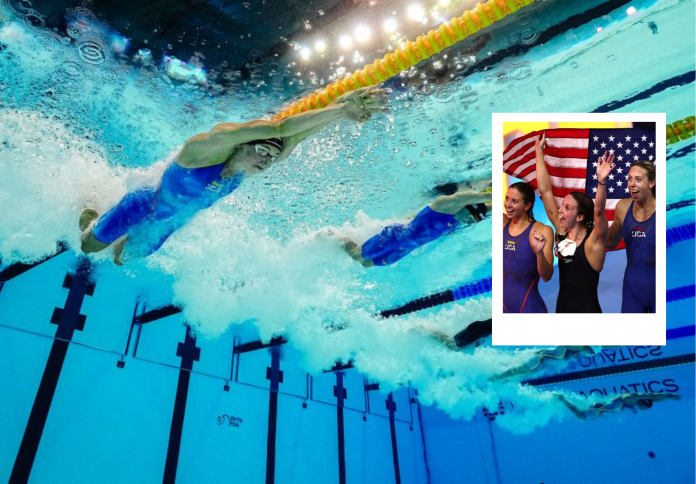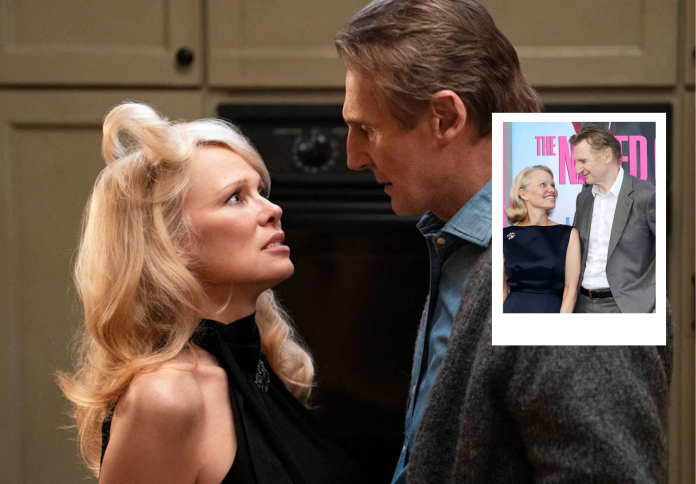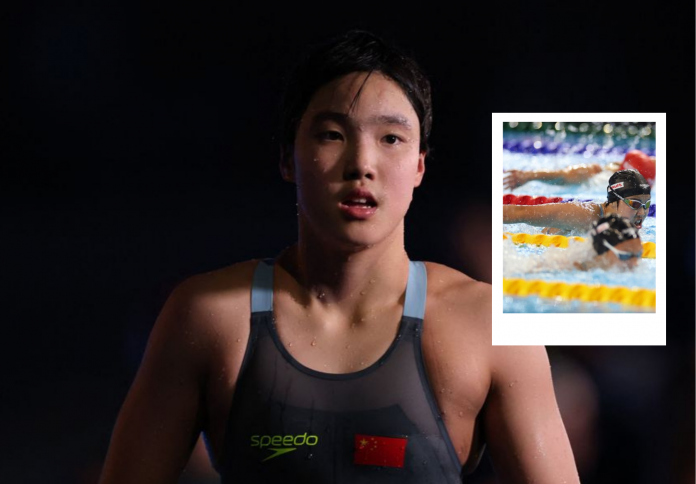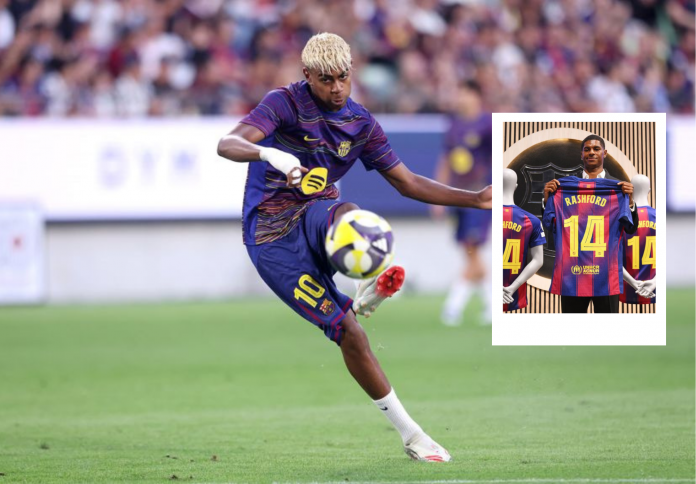After a rocky start marked by illness and scrutiny, the United States emerged victorious at the World Aquatics Championships in Singapore, topping the swimming medal table with resilience, record-breaking relays, and a final surge of gold. What began as a meet full of question marks ended as a reaffirmation of Team USA’s depth, legacy, and competitive fire—proving that even when battered, the Stars and Stripes can still rise to the top.
A championship marred by illness, but not defeat
The opening week of the Championships painted a grim picture for Team USA. Swimmers battled an outbreak of acute gastroenteritis contracted during a training camp in Thailand—an illness that sapped strength, disrupted routines, and led to a visibly sluggish start. After six days, the team had secured just five golds, sparking alarm across the American swimming community.

Critics pounced. Ryan Lochte posted a symbolic tombstone for US Swimming, and Michael Phelps echoed the sentiment with a reposted barb: “Is this the wake-up call USA Swimming needed?” At face value, it looked like the decline had deepened since the disappointing haul at the 2024 Paris Olympics.
Yet amid the questions, the athletes remained focused. Gretchen Walsh, one of the standout performers of the meet, revealed that the team was simply trying to stay above water—figuratively and literally. “I don’t think people quite understand the magnitude of everything going on behind the scenes,” she admitted.
A late surge brings gold and redemption
When the illness began to subside, the performance tide shifted. The United States closed out the final 48 hours of the Championships with four more gold medals—none more thrilling than the women’s 4×100-meter medley relay. Regan Smith, Kate Douglass, Gretchen Walsh, and Torri Huske shattered the world record, swimming a time that not only secured the title but cemented the team’s first-place finish on the medal table.
Their win capped a total of nine golds and 29 medals overall—surpassing Australia, which finished with eight golds and 20 medals. While the tally was lower than the 38 medals from 2023 and the 45 from 2022, the performance came with a new kind of grit—one shaped by adversity rather than dominance.
Katie Ledecky contributed her own championship-record swim in the 800m freestyle, fending off rising Canadian star Summer McIntosh. A day earlier, Kate Douglass had delivered another standout swim, winning the 200m breaststroke in record time. “With the rough week that we’ve had, I think we’ve done a great job of coming back,” Douglass said afterward. “We are here to race.”
McIntosh shines in golden glory
While Team USA found its form late, the week unquestionably belonged to Canada’s Summer McIntosh. The 18-year-old sensation captured four gold medals—400m freestyle, 200m butterfly, 200m individual medley, and 400m medley—tying Katie Ledecky’s record for most individual golds by a woman at a single Worlds.
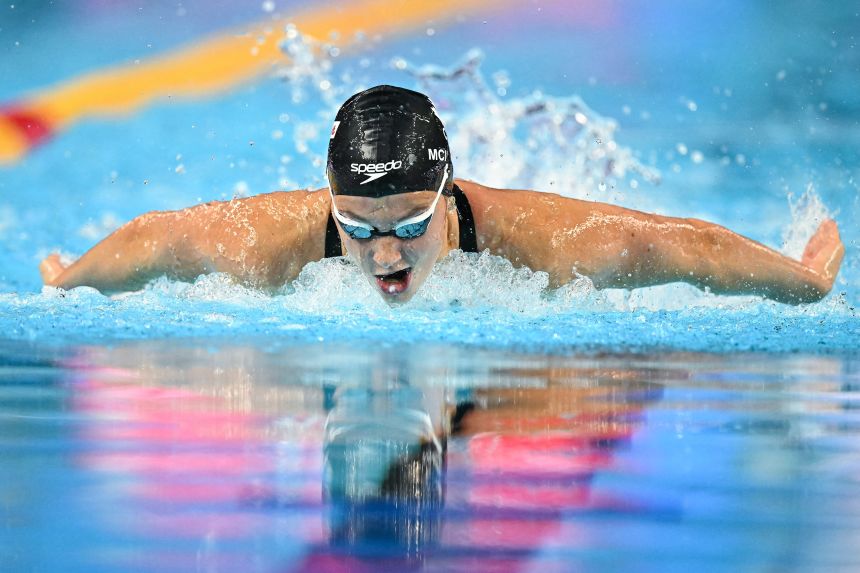
Her final performance in the 400m individual medley was emphatic: a time of 4:25.78, a new championship record and more than seven seconds ahead of the field. It was not quite her world record, but it showcased her range and composure in every discipline.
In the broader historical context, McIntosh now boasts 13 World Championship medals, eight of them gold. And while she fell just short of matching Michael Phelps’ five individual golds in a single meet, her trajectory is unmistakably on a legendary path. Her battle with Ledecky in the 800m freestyle added drama, but even in bronze, McIntosh confirmed her spot among the sport’s most dominant forces.
A new world order and a resilient tradition
With powerhouse nations like China, Australia, and Canada each notching marquee wins, the 2025 World Championships underscored how global swimming has evolved into a tighter contest. But the final standings revealed something enduring about American swimming: its ability to respond.
Team USA’s climb back to the top of the medal table didn’t come from easy wins—it came through a fractured, fevered campaign held together by experience, hunger, and sheer determination. Ledecky, Douglass, Walsh, and a host of rising talents proved that even a diminished US squad has the tools to win when it matters.
As Paris 2028 begins to appear on the horizon, this World Championships may be remembered less for what it lacked in medal count and more for what it reignited: belief, backbone, and the next wave of American swimming pride.
